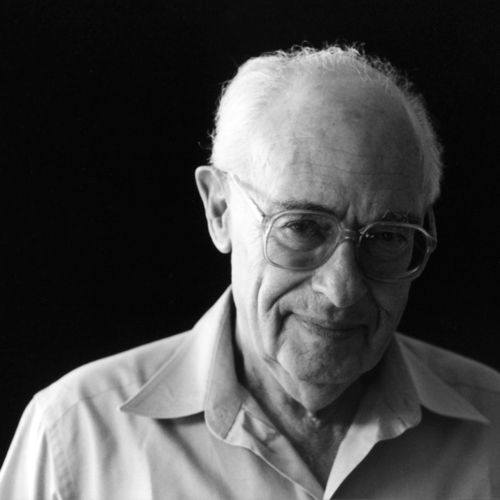2006-01-15-én éjjel két órakor közülünk eltávozott és más dimenzióba költözött korunk, talán legnagyobb filozófusa: Székely György azaz Georg Kühlewind
Szerencsés embernek nevezhetem magam, hiszen barátjának hívott. Engem és mindazokat, akik három évtizeden át hallgattuk tanításait. Mielőtt könyvei megjelentek, gondolatait tovább adta és vitára bocsátotta, s minthogy egész életében az emberi tudatot vizsgálta, barátait is elemzésre késztette.
(Székely György (írói nevén Georg Kühlewind) 1924-ban született Budapesten, értelmiségi, több nyelven beszélő családban. Fiatal korában érdeklődési körébe tartozott az irodalom (Rilke, Thomas Mann, Hölderlin), a mitológia (Kerényi Károly), a pszichológia (hamar megismerkedett Freud és Jung műveivel) és a zene (19 éves koráig zongorázott, zongoraművésznek készült www.esoember.hu/esoember)
